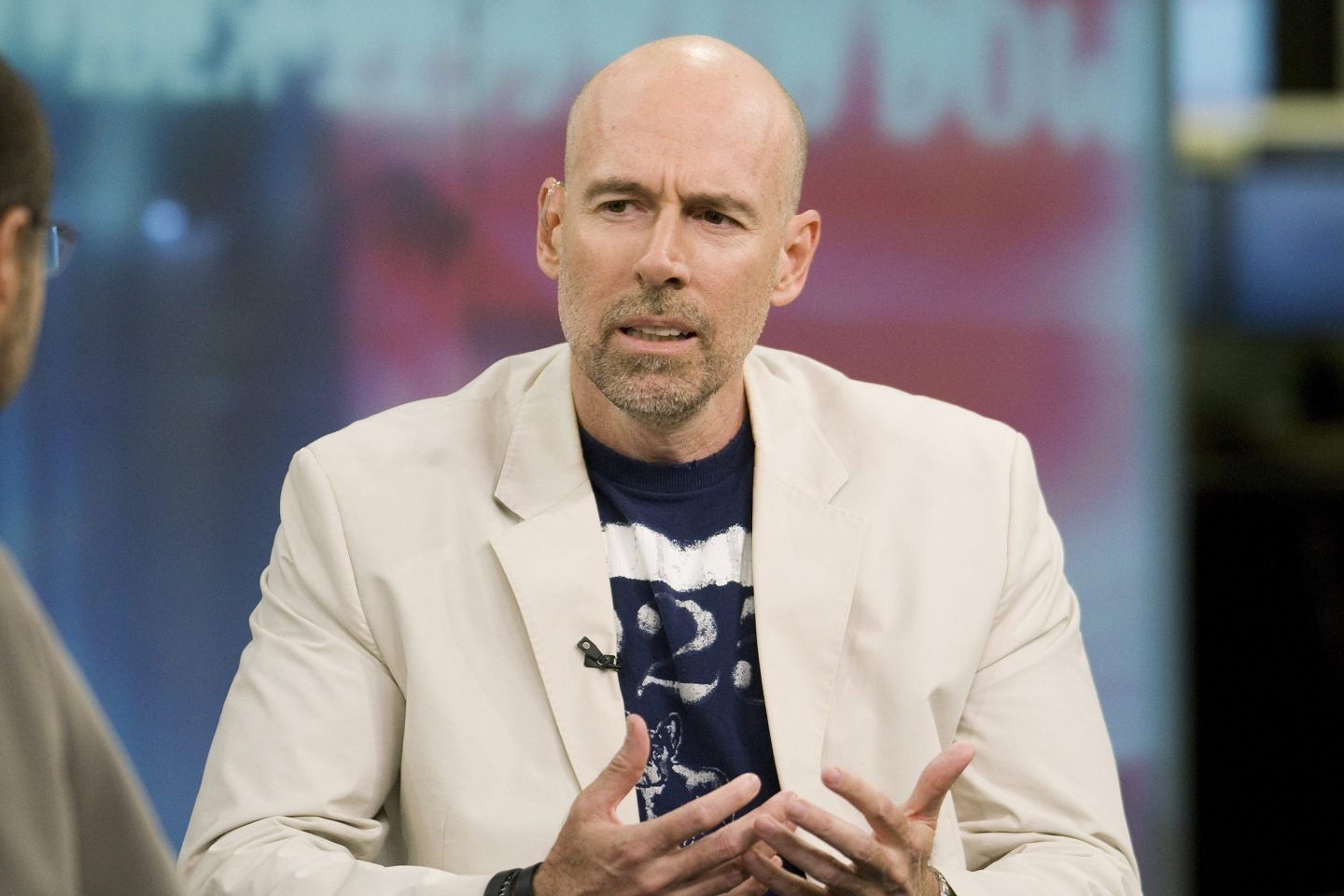Imposter syndrome doesn’t signal weakness—it signals you’re exactly where you should be. That’s the counterintuitive message from Scott Galloway, a NYU marketing professor and serial entrepreneur who has built and sold multiple companies for millions of dollars. In a recent episode of his podcast, The Prof G Pod, Galloway reframed one of professional life’s most common anxieties as evidence of ambition, not inadequacy.
Conventional wisdom tells us imposter syndrome is something you have to overcome. But Galloway sees it differently.
“Imposter syndrome is something we all have,” he said. “I fooled them getting into UCLA. I fooled them getting a job at Morgan Stanley. I fooled them getting into graduate school. That’s just natural. And you should have a little bit of imposter syndrome because if you’re not in rooms where you sort of don’t deserve to be in, you’re not trying that hard.”
One listener, identifying himself only as Dan from New York, wrote to Galloway describing what he called “class-based imposter syndrome”—the nagging sense that he lacks the unspoken cultural fluency of his wealthier, more credentialed peers in the executive suite. Galloway said changing your perception of imposter syndrome is especially helpful for people from working-class backgrounds trying to navigate corporate environments.
“The last thing you want to do is be overqualified, or the most qualified person in the room,” Galloway said. “I always joke that if I’m in a room, I need to be the oldest and least best-looking or ugliest person in any room I want to be in. You also want to be a little bit intimidated.” His point: Discomfort indicates growth, not failure.
Galloway says imposter syndrome doesn’t need to feel comfortable, but if you feel out of place in an important room, it likely means you belong there. The executives and senior managers around you didn’t hire you by accident. “What you generally find out is that there’s a reason you’re there,” he said.
Galloway drew a comparison to athletic training, citing Muhammad Ali’s philosophy that fights are won outside the ring.
“For the first six or 12 months until you’re really confident about what you’re saying in these meetings,” he said, “the way you show up is by training like crazy.” That “training” he’s referring to means doing your work in a diligent manner, demonstrating your ability to be a team player, advocating for your coworkers and colleagues, and being careful to observe the room’s dynamics before speaking.
Galloway also warned against a common mistake younger professionals make in new settings: assuming they’re smarter than they actually are, while underestimating their peers.
“I’d make these big sweeping statements and insights and then realize like, okay, that’s just not accurate, or they already thought of this,” he acknowledged.
Galloway’s advice for those feeling imposter syndrome? Listen more than you speak, especially in the early months of a new job or role. Do your homework outside meetings. Be thoughtful about when you contribute. And think before you speak. Would your comment actually add value, or are you simply trying to look smart?
You can watch Galloway’s entire episode on imposter syndrome below.
For this story, Fortune used generative AI to help with an initial draft. An editor verified the accuracy of the information before publishing.











